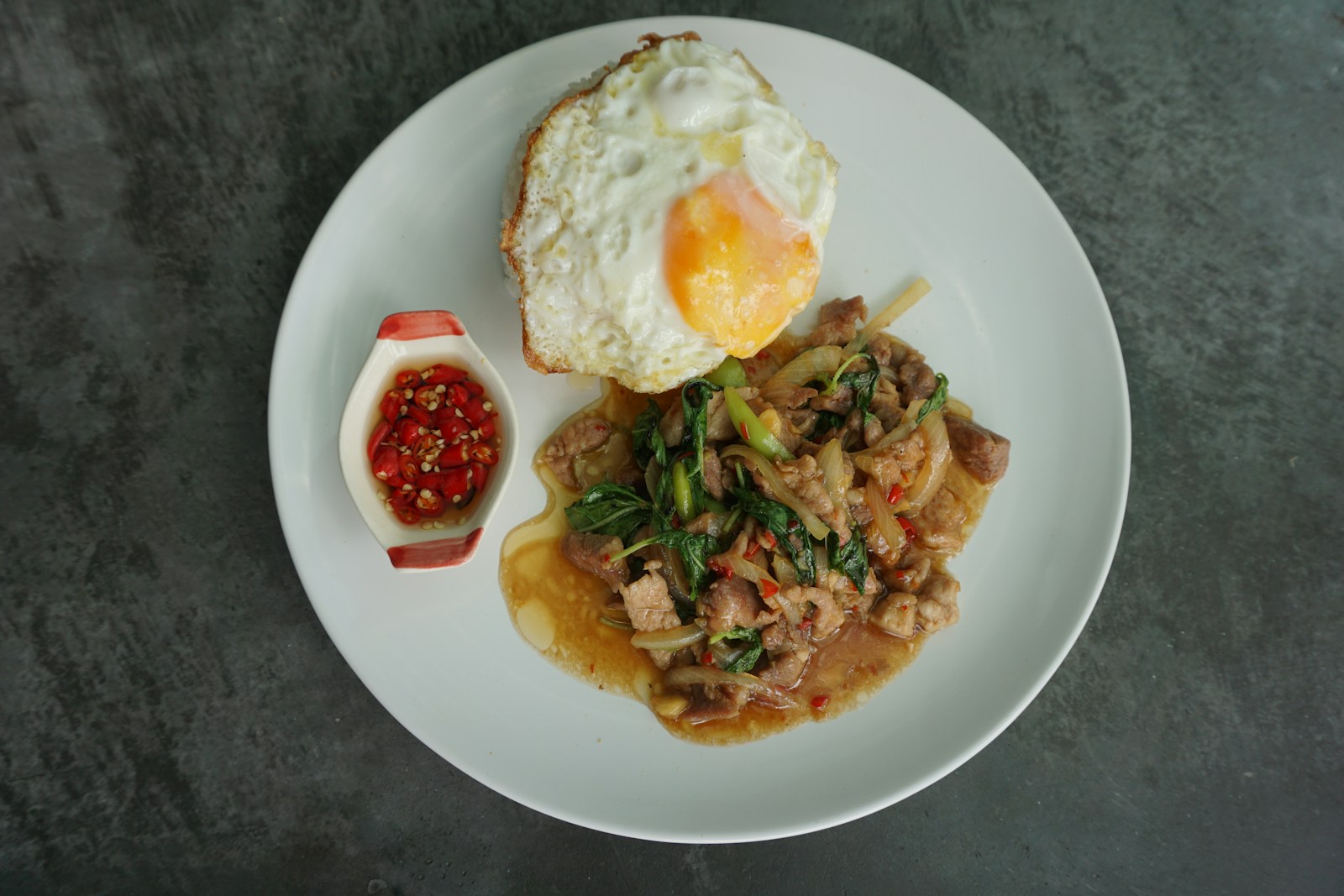← Italian Vocab Builder 





noodles

noodles
Example sentences using: noodles
Ho mangiato i noodles per pranzo.

I ate noodles for lunch.
In this sentence, 'Ho mangiato i noodles per pranzo' means that the person consumed noodles during their mid-day meal. In Italian, the past tense of 'eat' is combined with the Italian word for 'noodles' to describe the action.
Mi piacciono molto i noodles.

I really like noodles.
In this example, 'Mi piacciono molto i noodles' indicates that the speaker has a strong liking for noodles. In Italian, 'mi piacciono' can be translated to 'I like', paired with 'molto' to strengthen the expression, meaning 'a lot'.
Puoi passarmi i noodles, per favore?

Can you pass me the noodles, please?
Here, 'Puoi passarmi i noodles, per favore?' is asking someone to hand over the noodles. 'Puoi' is the Italian word for 'can you', 'passarmi' translates to 'pass me' and 'per favore' means 'please'.